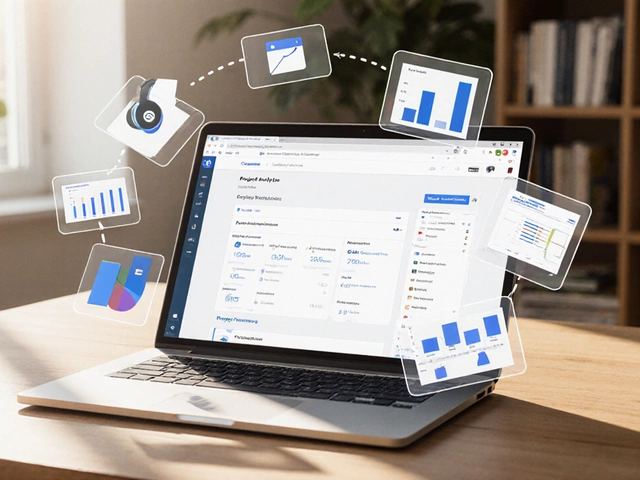Plumber Training – Your Path to a Hands‑On Plumbing Career
When you start Plumber Training, a structured program that blends classroom theory with on‑site practice to teach pipe systems, drain design, and safety standards. Also known as vocational plumbing course, it equips you to tackle real‑world jobs. Plumbing, the broader trade covering water supply, waste removal, and heating is the field you’ll work in, while Certification, official proof of your competency validates the skills you acquire, and an Apprenticeship, on‑the‑job mentorship under experienced plumbers gives you the real‑world exposure needed to master the craft.
Plumber Training isn’t just about memorizing pipe sizes; it’s about learning to use the right tools, read blueprints, and follow safety codes. You’ll spend time with pipe‑cutting saws, threading machines, and pressure gauges, each demanding a steady hand and attention to detail. The program also teaches you how to diagnose leaks, install fixtures, and plan efficient drain slopes. By the end of the course, you’ll be able to combine theory and practice to solve problems quickly, a skill employers value highly.
One common question is whether plumbing is a stressful trade. Real‑world data shows that stress often comes from emergency calls, tight deadlines, and physically demanding work. However, most trainees discover that proper planning and a solid apprenticeship reduce surprises. Understanding typical work hours – often 40‑50 hours a week with occasional overtime for urgent repairs – helps you set realistic expectations before you step onto a job site.
The upside of completing Plumber Training is hard to ignore. Job security stays strong because every building needs water and waste systems. Salaries are competitive, especially for certified plumbers who can take on complex projects like commercial installations or green‑building retrofits. Plus, the trade offers clear career ladders: you can move from journeyman to master plumber, or even start your own service business.
Math might seem intimidating, but in plumbing it’s mostly basic arithmetic and geometry – calculating pipe lengths, slope angles, and water pressure. A quick grasp of these concepts speeds up installations and prevents costly rework. If you’re shaky on numbers, most programs include short refresher modules, and hands‑on practice turns abstract formulas into concrete actions.
Preparing for a plumbing career follows a simple roadmap: choose an accredited Plumber Training program, earn the required certification, and secure an apprenticeship with a licensed contractor. While you’re studying, start building a toolbox of essential gear – wrenches, pipe benders, and safety equipment. Joining professional groups or online forums also gives you access to mentorship and job leads.
People often wonder about the hardest part of the job. Seasoned plumbers point to tight spaces, unpredictable soil conditions, and the need for quick decision‑making during emergencies. Yet many trainees are surprised to find that the most rewarding moments come from solving a tricky drainage issue or seeing a newly installed system work flawlessly. These experiences reinforce why the trade feels more than just a job – it’s a craft.
Now that you have a clear picture of what Plumber Training entails, the skills you’ll gain, and the career path ahead, the articles below will dive deeper into specific concerns – from stress factors and work‑hour realities to cost guides and math tips. Browse the collection to find the answers that match your curiosity and start planning your next steps with confidence.
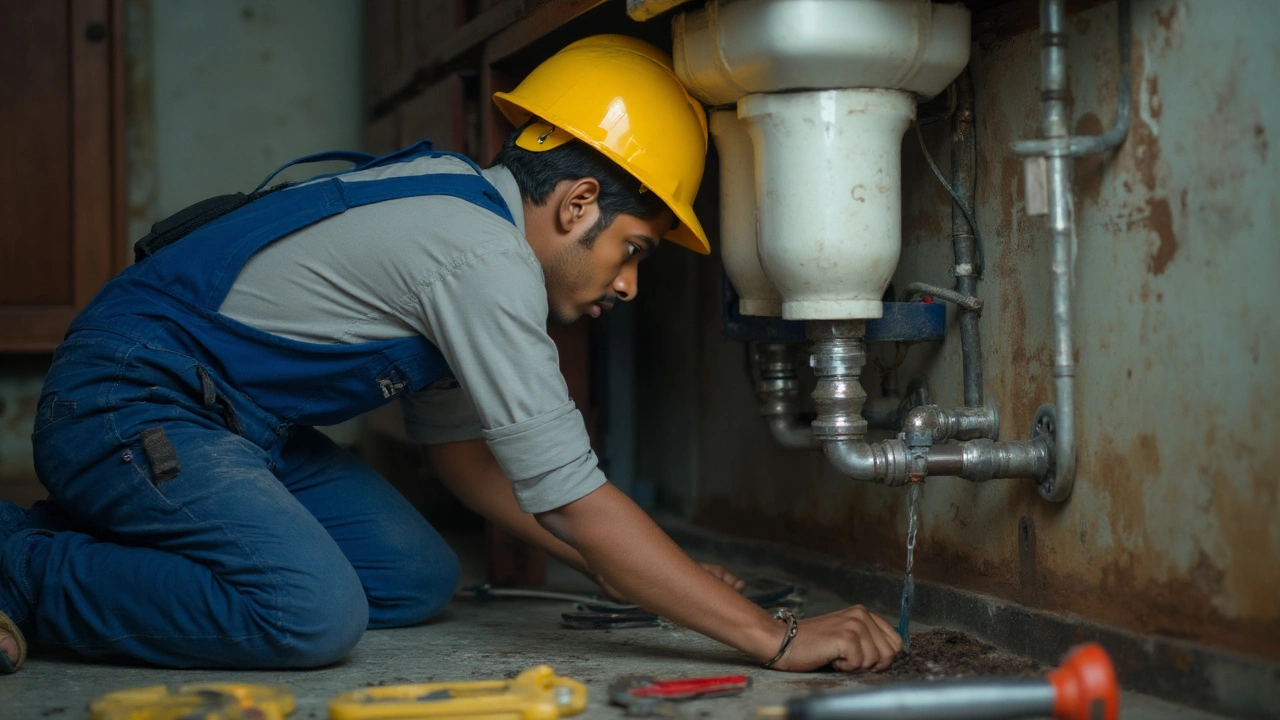
Is Being a Plumber Stressful? Real Insights, Facts & Tips for 2025
Explore the real stress factors of being a plumber, with true stories, stats, and hands-on tips. Find out if plumbing is as tough as people say.
View More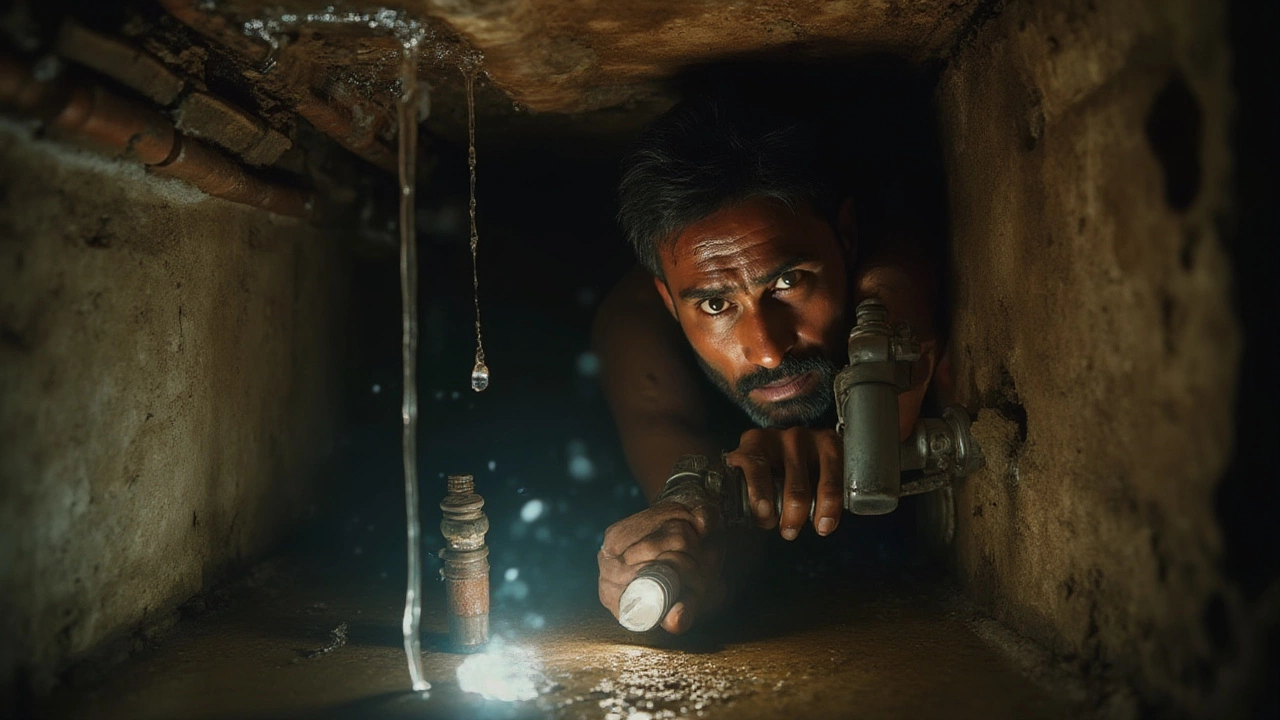
Hardest Part of Plumbing: Biggest Challenges Plumbers Face
Explore what truly makes plumbing tough. Find out about hardest tasks, real dangers, common mistakes, and hidden secrets straight from experienced plumbers.
View More
How Many Hours Do Most Plumbers Work? Real Talk for Trainees
Curious about a plumber’s weekly schedule? This article breaks down how many hours plumbers really work, what affects their shifts, and why some days are longer than others. You’ll get a peek into what life looks like on and off the job, with practical tips for those choosing this career. Learn how plumbers balance regular hours and emergencies, and get useful advice on what to expect as you start training. Real facts, no fluff—just what you need before committing to plumber training.
View More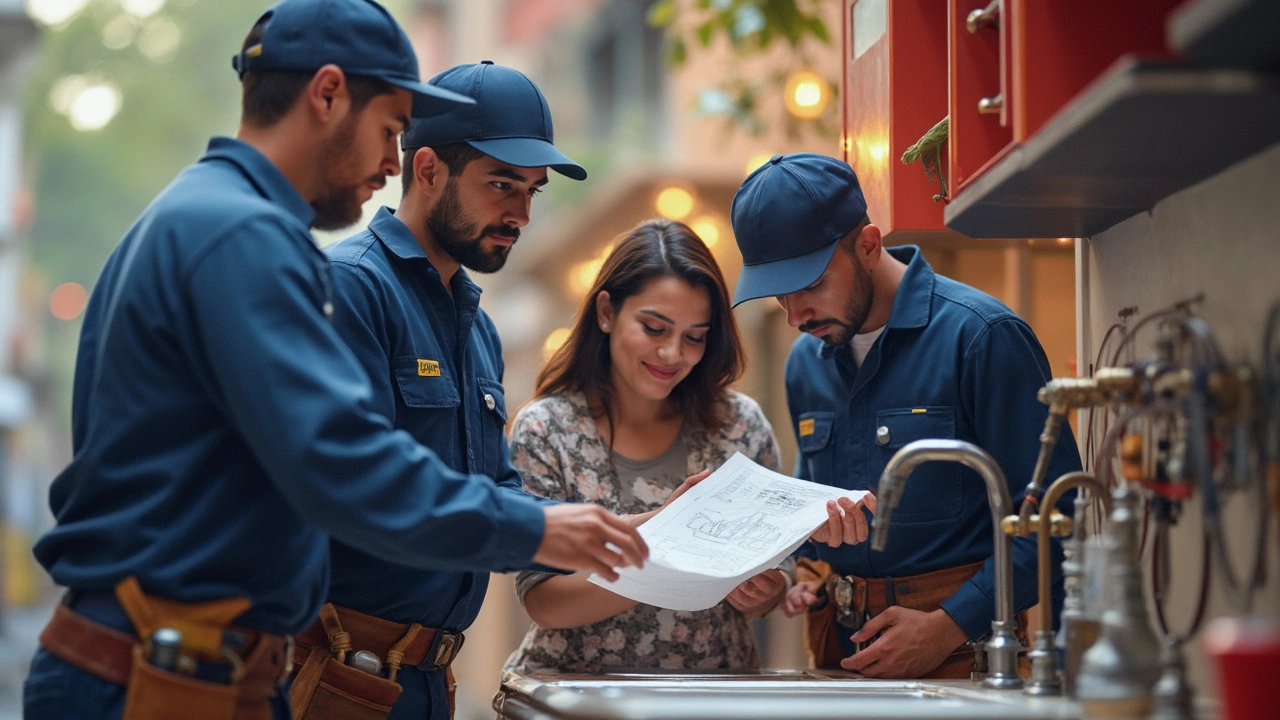
Best Part of Being a Plumber: Why the Job Surprises Most People
People think being a plumber is just about fixing leaky pipes, but there’s way more to it. This article lays out what really makes plumbing such a rewarding career. From job security to the kind of problem-solving you can’t find in many other trades, it covers what makes this job stand out. Get tips if you’re considering plumber training or want a glimpse into a plumber’s life. See why so many people are happy they picked this path.
View More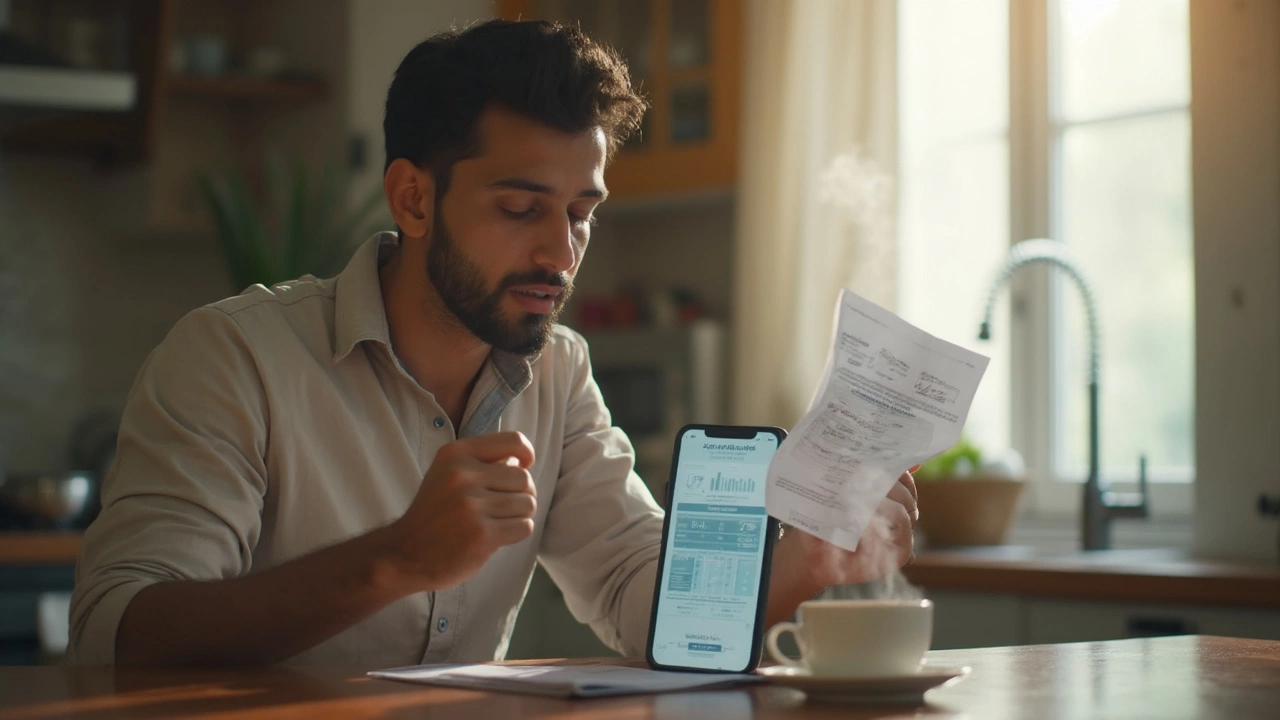
How Much Do Plumbers Charge to Change a Tap? Your No-Nonsense Guide
Wondering about plumber prices for changing a tap? This article breaks down everything—from what influences the final bill, to tips for saving money and spotting hidden fees. Compare average UK costs, learn how to tell if a quote's fair, and get insider advice straight from people who've learned the ropes. Find out when it makes sense to call a plumber versus tackling the job yourself. Budget better and avoid hassle next time you need that tap swapped.
View More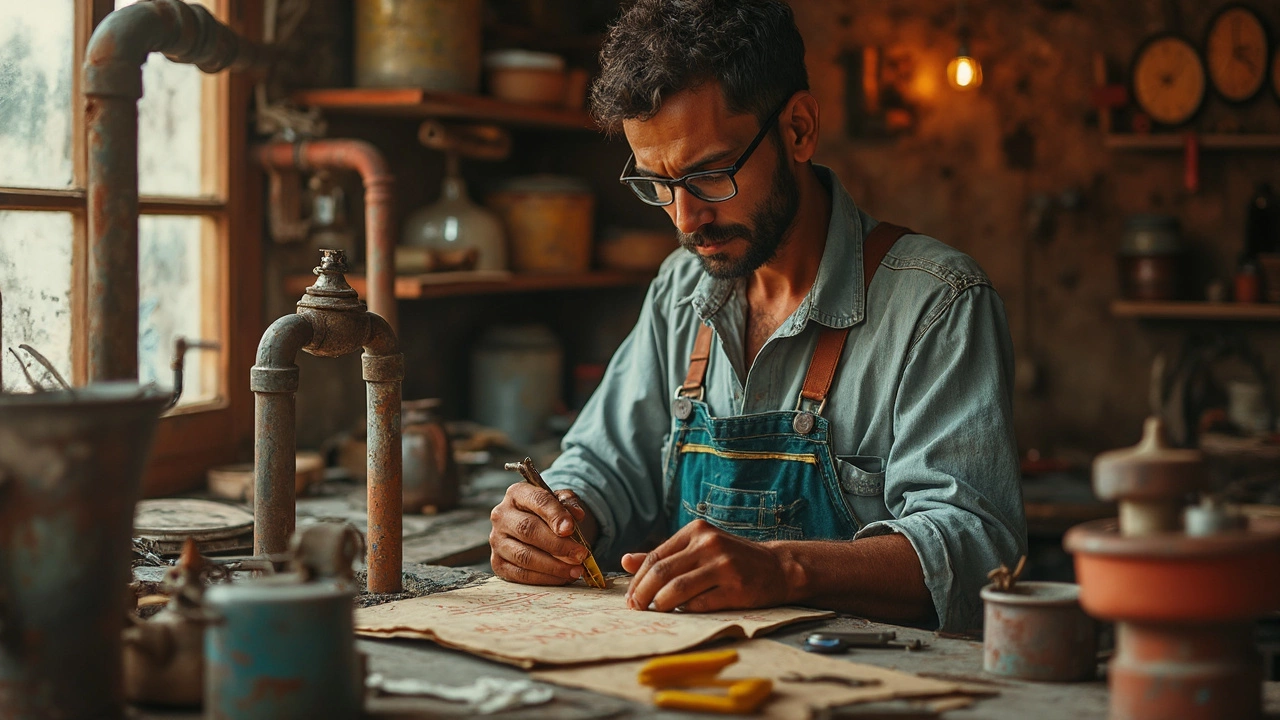
Do You Need to Be Good at Math for Plumbing?
Exploring whether math skills are essential for plumbing, this article delves into the real-world application of math in plumbing tasks. It discusses practical examples where basic math is useful and offers insight into how aspiring plumbers can enhance their skills. While advanced math isn't necessary, having a basic understanding can make tasks easier and more efficient. Ultimately, the article reassures that anyone with determination can succeed in plumbing.
View More
How to Prepare for a Career in Plumbing
Starting a plumbing career involves more than just knowing how to fix leaks; it's about navigating the right training and certifications. Discover the essential steps to becoming a plumber, from education choices to hands-on experience. Delve into the tools of the trade and the necessity of an apprenticeship. Equip yourself with insights into certification paths and the benefits of joining professional plumber communities.
View More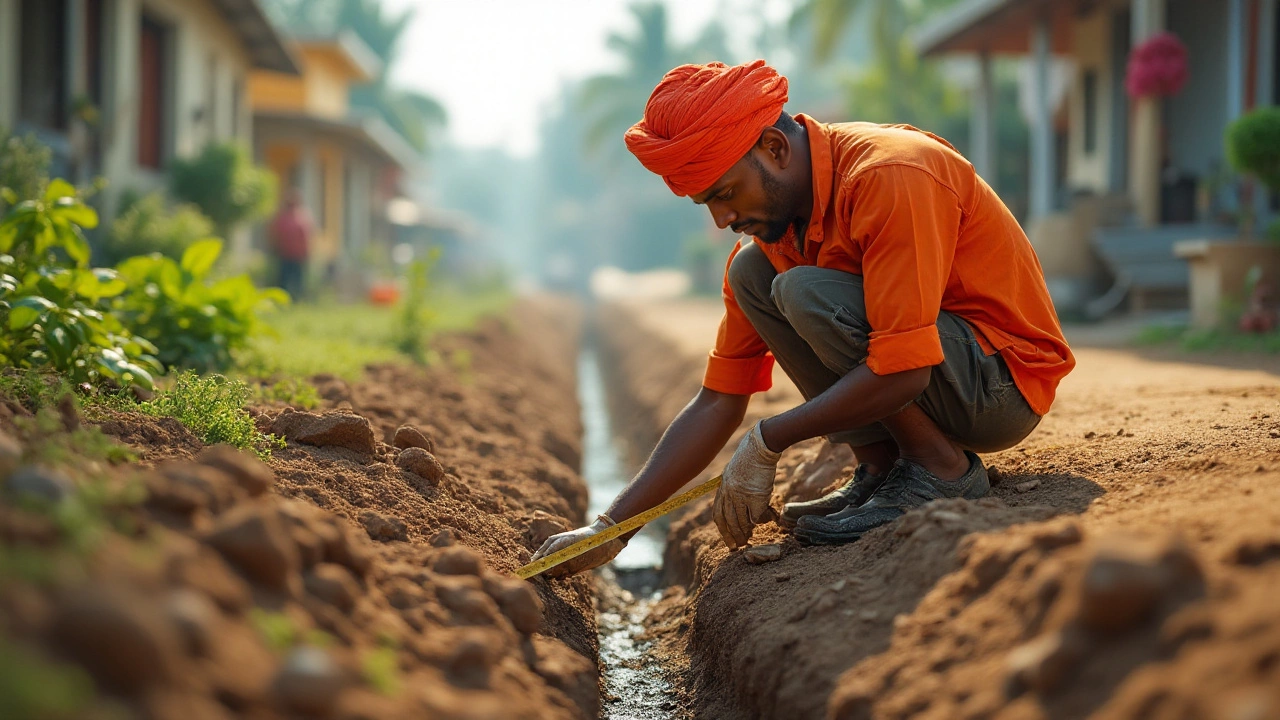
Mastering Drain Slope Calculations for Plumbing Success
Calculating the correct fall of a drain is crucial for effective plumbing work, ensuring that water and waste flow smoothly and prevent potential issues. This article explores practical methods and easily understood formulas for determining the right slope for various plumbing systems. Understanding the role gravity plays and how to measure slope accurately are key components of this subject. The right tools and techniques help in making these calculations precise for both residential and commercial properties. Tips and common pitfalls are also discussed to guide new plumbers and DIY enthusiasts alike.
View More

